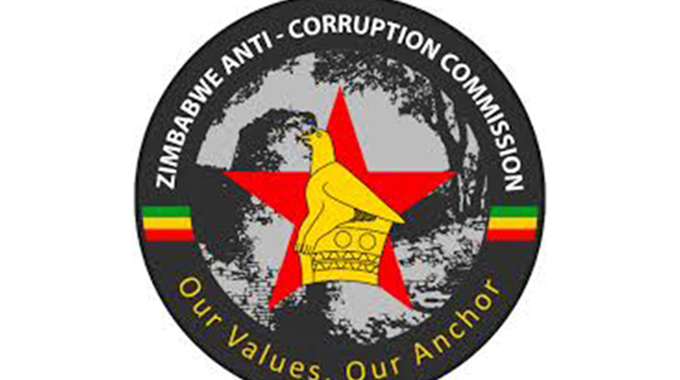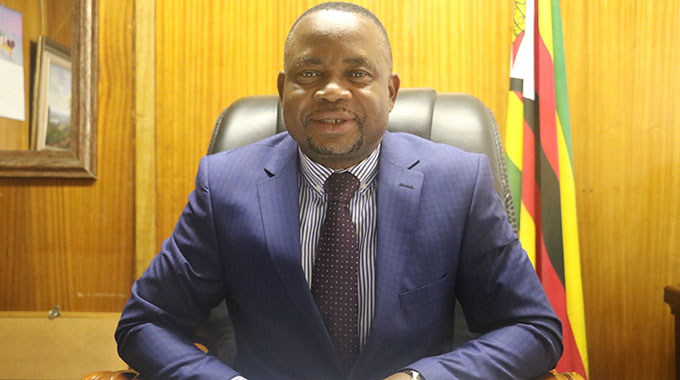Cabinet okays Heritage-Based framework

Herald Reporter
Cabinet yesterday approved the Heritage-Based Education 2024 to 2030 curriculum framework, which is expected to transform the education system to produce citizens with relevant skills that are key to national development.
Information, Publicity and Broadcasting Services Minister, Dr Jenfan Muswere, said this yesterday during the post-Cabinet briefing.
He said the document was presented by Higher and Tertiary Education, Innovation, Science and Technology Development, Minister Professor Amon Murwira, who is Chairperson of the Cabinet Committee on Human Capital Development, Skills Development and Application.
“The nation is informed that the Heritage-Based Education 2024-2030 Curriculum Framework is expected to transform the education system in order to produce citizens with relevant skills, applied knowledge, values, and dispositions that are key to national development, beginning with the communities they serve,” he said.
“The Primary and Secondary Education system is being designed to mould productive learners who will cherish and practise the Zimbabwean philosophical orientation of Hunhu/Ubuntu.
“The proposed curriculum will embrace heritage as a basis for learning and infusing technology, and shall be implemented from ECD up to Upper Secondary School level.”
The pathways, whose learning areas are provided for in the framework are Science, Technology, Engineering and Mathematics (STEM), Visual and Performing Arts, Humanities, especially the history of Zimbabwe; Technical/Vocational Education and Training (TVET), and Commercials.
The Heritage-Based Education will be anchored on the following pillars: programmes/learning areas infrastructure, staffing infrastructure, physical and digital infrastructure, legal and regulatory infrastructure; and financial infrastructure.
Responding to questions, Prof Murwira said the Heritage-Based Education 5.0 entailed use of knowledge based on the country’s environment, endowment, local heroes and indigenous trees and locally available minerals, among other factors.
He said it would be preferable for one to study one’s history that relates to indigenous persons such as Chaminuka rather than names like Italian fascist leader, Benito Mussolini
“Heritage-Based education is basically education focusing or that uses the best knowledge you can ever get on your environment or the natural endowment of a country,” said Prof Murwira.
“For example, would you study Chaminuka or Mussolini? You are likely going to study Chaminuka. When you want to make wine would you make wine from mapfura or from grapes? You are going to be more successful if you make wine from mapfura, that is Heritage-Based Education.”
Heritage-Based Education entails learning one’s endowments as a country, but still retaining the universal principle of education.








Comments